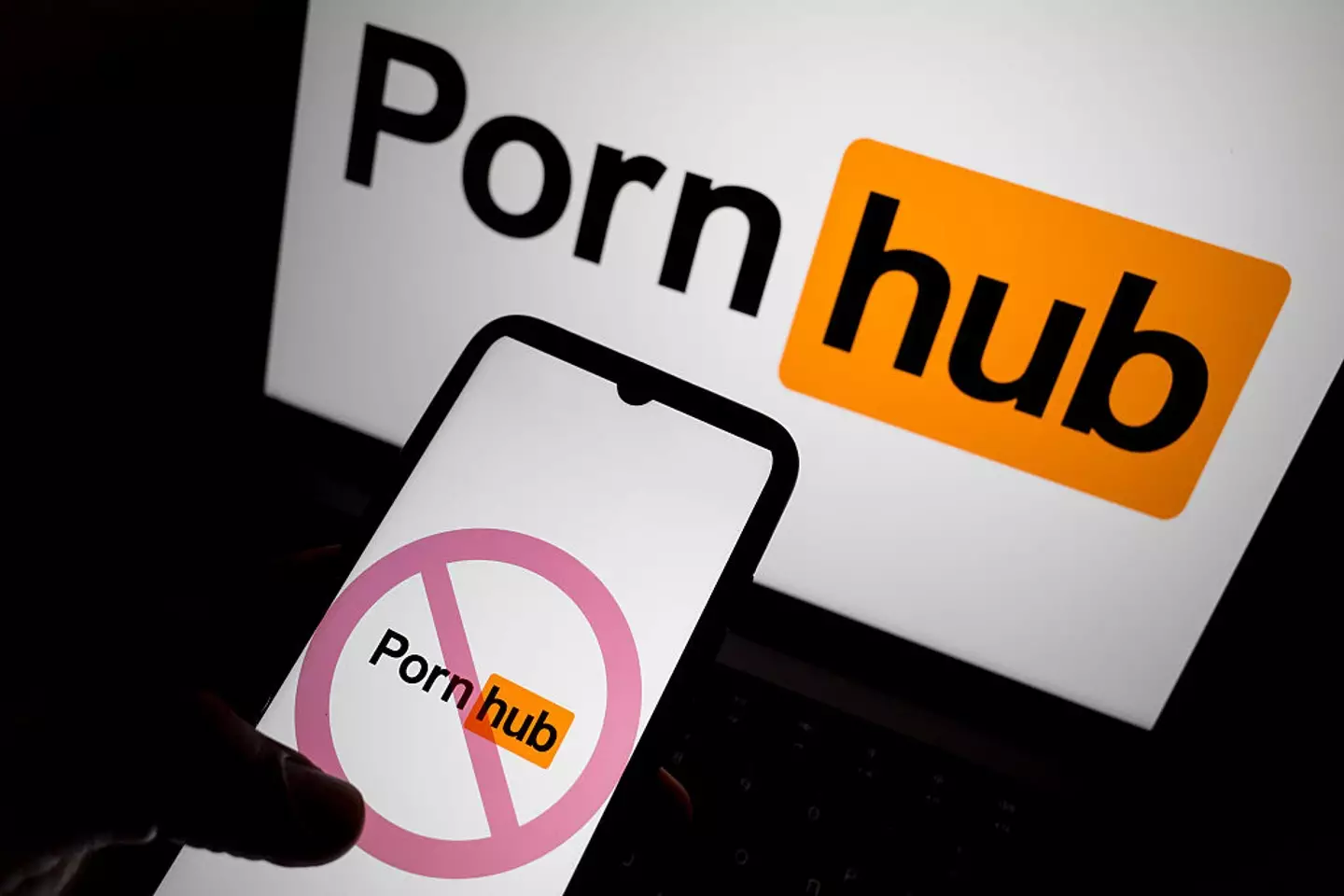A new piece of legislation introduced in Michigan has sparked significant controversy due to its potential to ban all forms of online pornography in the state, with severe penalties for non-compliance.
House Bill 4938, also known as the ‘Anticorruption of Public Morals Act’, was proposed by a group of Republican representatives and has already ignited intense debate. Details of the bill can be found on the Michigan Legislature website.
According to CBS News, this legislation aims to go beyond just explicit sexual content, targeting materials that show a ‘disconnection between biology and gender’ as well.
The primary advocate of this bill is Rep. Josh Schriver, a Republican from Oxford. He expressed his stance clearly in a post on X (formerly Twitter): “Don’t make it, don’t share it, don’t view it.”
Furthermore, Schriver suggested adding porn distributors to the sex offender registry, stating: “These measures defend children, safeguard our communities, and put families first.”
He also argued that existing obscenity laws are outdated and not effectively enforced online, leaving parents and schools with insufficient resources to protect minors from explicit content.
The bill proposes banning several types of content, including:
• Depictions, descriptions, or simulations of sexual acts, whether real or digitally created, encompassing writings, images, audio, and video. This even extends to ‘erotic autonomous sensory meridian response content, moaning, or sensual voice content’.
• Content that depicts, describes, or simulates ‘a disconnection between biology and gender’, such as individuals presenting as another gender through clothing, cosmetics, prosthetics, or claiming reproductive traits different from their biological sex.
Exceptions exist for medical or scientific purposes. However, outside these exceptions, distributing banned material would be classified as a felony, punishable by up to 20 years in prison and/or a $100,000 fine. If over 100 pieces of prohibited content are involved, the penalties increase to 25 years in prison and/or a $125,000 fine.

The bill also mandates that internet platforms, institutions, and individuals implement constant content moderation systems that can scan material in real-time and immediately remove anything deemed illegal.
Should the bill pass, it would take effect 90 days after enactment.
All five sponsors of the bill are Republican: Joseph Pavlov, Matt Maddock, James DeSana, Joseph Fox, and Jennifer Wortz.
Democrats have not yet issued an official response, though CBS News Detroit noted that they reached out to the Michigan Democratic Party for comment.
Given the severity of the proposed penalties and the expansive definition of pornography, critics may argue that the law could effectively eliminate adult industry content in Michigan.
It remains uncertain whether the bill will gain traction in Lansing, but if enacted, Michigan’s online environment would undergo substantial changes.

